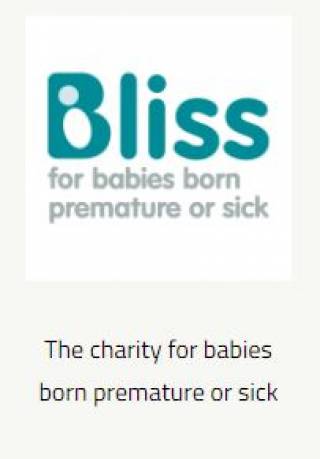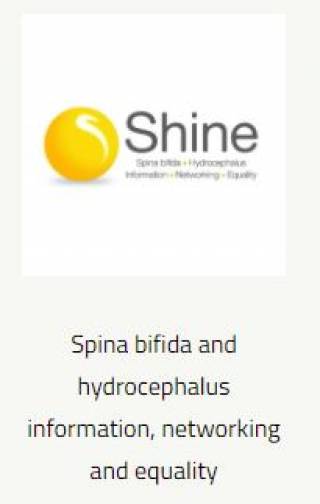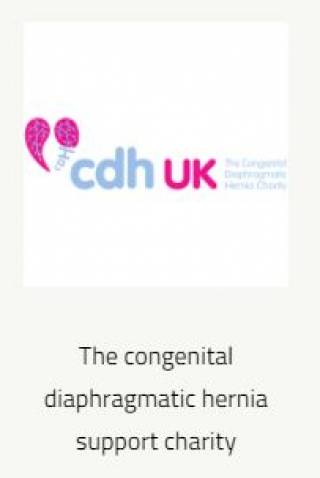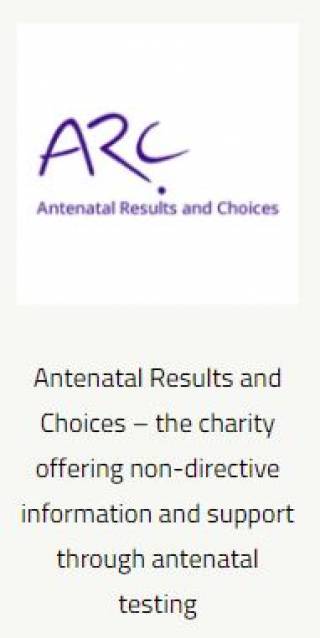A group of public and patient representatives advised on the work.

The group supported the approaches set out in the work for recording and assessing AEs in trials including pregnant women1. They suggested that the times at which AEs were recorded should be planned in advance for each trial. Members of the group also took part in the detailed Delphi consultation process alongside clinical and research specialists in the area. The Delphi process helped to decide how the seriousness of different types of events should be assessed.
The group raised some wider points that researchers should consider when planning and carrying out trials in pregnant women, especially when these trials were looking at treatments for babies in the womb. These were included in the paper published from work. Recommendations included providing support for women and their partners during trials and an assessment of the impact of the treatment on both women and partners. They highlighted the need to look at the pain or stress response of the unborn baby to some treatments. The group also suggested consideration of long-term outcomes of the pregnancy and birth, and consideration of future pregnancies.
1 We have followed the example of NICE in using the term pregnant women but this work should be understood to apply to people who are pregnant including those who do not identify as women.
For details of the group which was consulted see GIFT-Surg Patient and Public Advisory Group.
 |  |  |  |  |  |
 Close
Close

